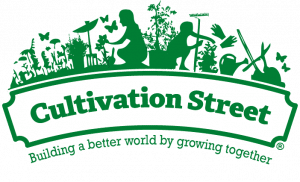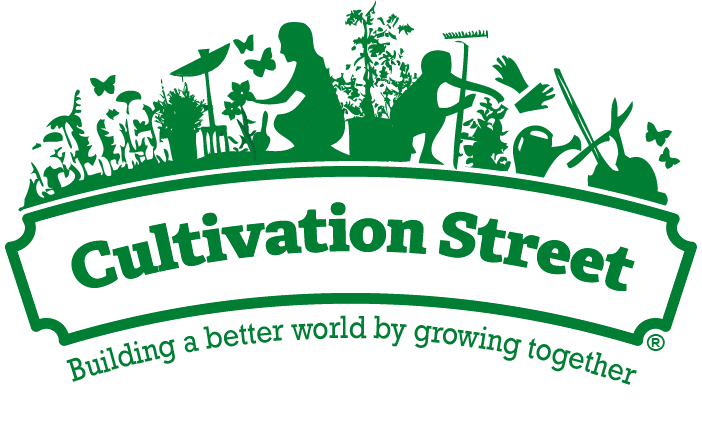Welcoming Wildlife
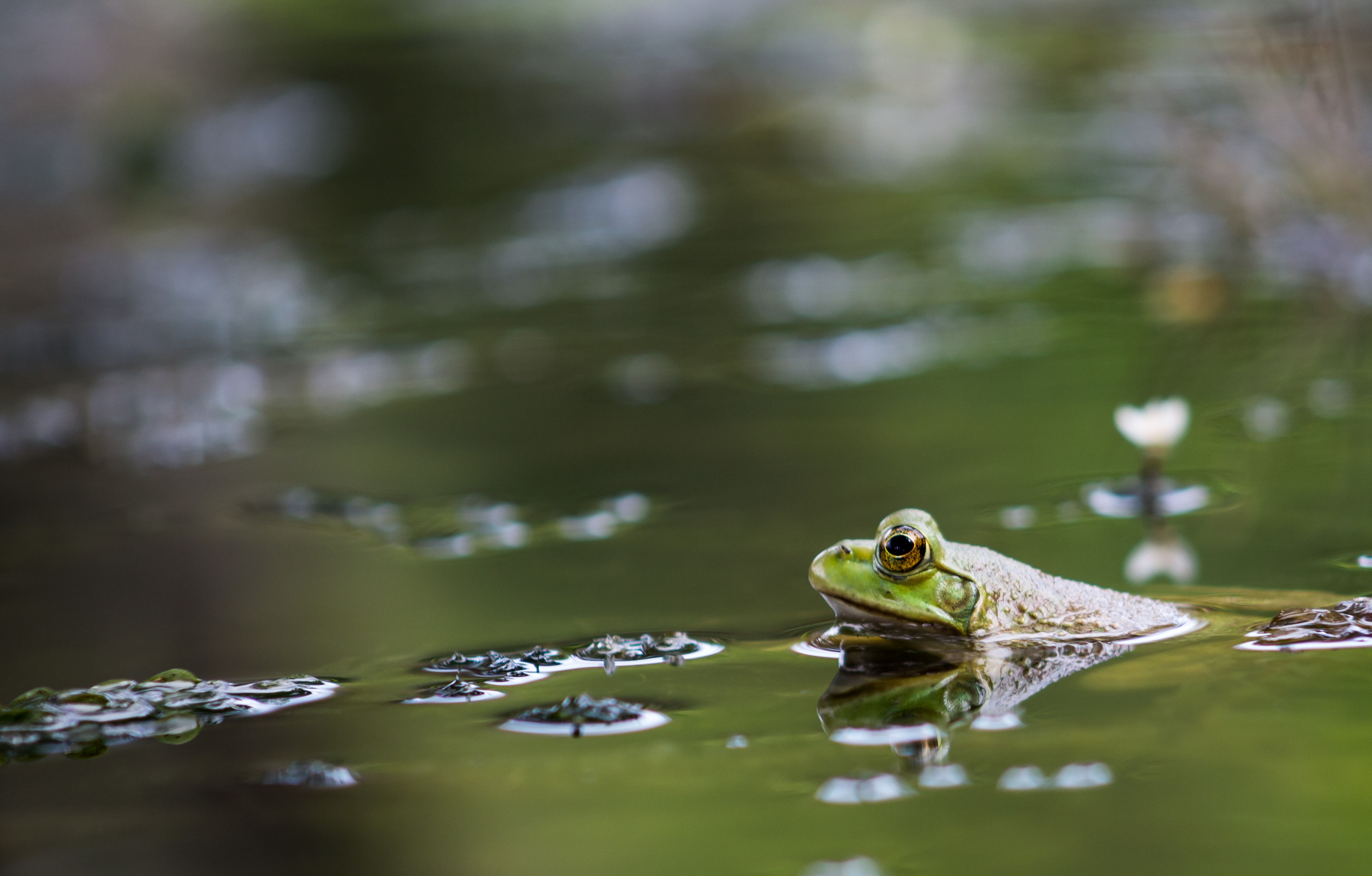
So many of our garden’s focus is on the wildlife they can attract to their garden. Protecting bee’s, feeling birds and housing bugs seems to be a common staple in most of our entries.
We love it!
If you’re a new garden, or an established garden looking to generate some wildlife activity, here are a few tips on how to attract certain critters to your garden.
Amphibians
To attract these guys, you’re going to need a pond.
We understand that some gardens won’t be able to have a pond. But for those of you lucky enough to have one, or be building one, here’s what you need in it.
The aim is for frogs and the like make themselves at home. You’re going to want to ensure your pond is organic. this means no chemical pesticides, fertilizers or herbicides, as they are all poisonous to frogs. Plant a mixture of marginal and floating pond plants. These are great for frogs, toads, and newts.
They provide shelter and protection which will make them feel safe. This will hopefully encourage them to take up residency and hopefully even lay their eggs.
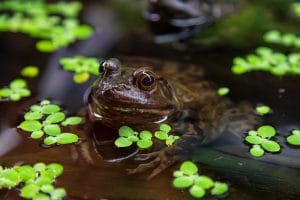
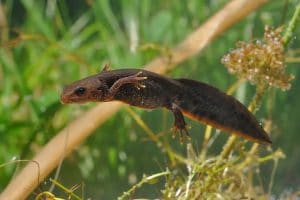
Insects
A lot of our gardens have some quite extraordinary bug hotels.
The name itself is funny. Imagine all those little critters off on their holidays. They’re really a beneficial thing to have in your garden.
They can be as big or as small as you like and can be built using recycled and outdoor materials. They offer the creepy crawlies somewhere safe. It's also somewhere where they can be protected from predators. This is also useful because it gives them somewhere to lay their eggs and nurture their young.
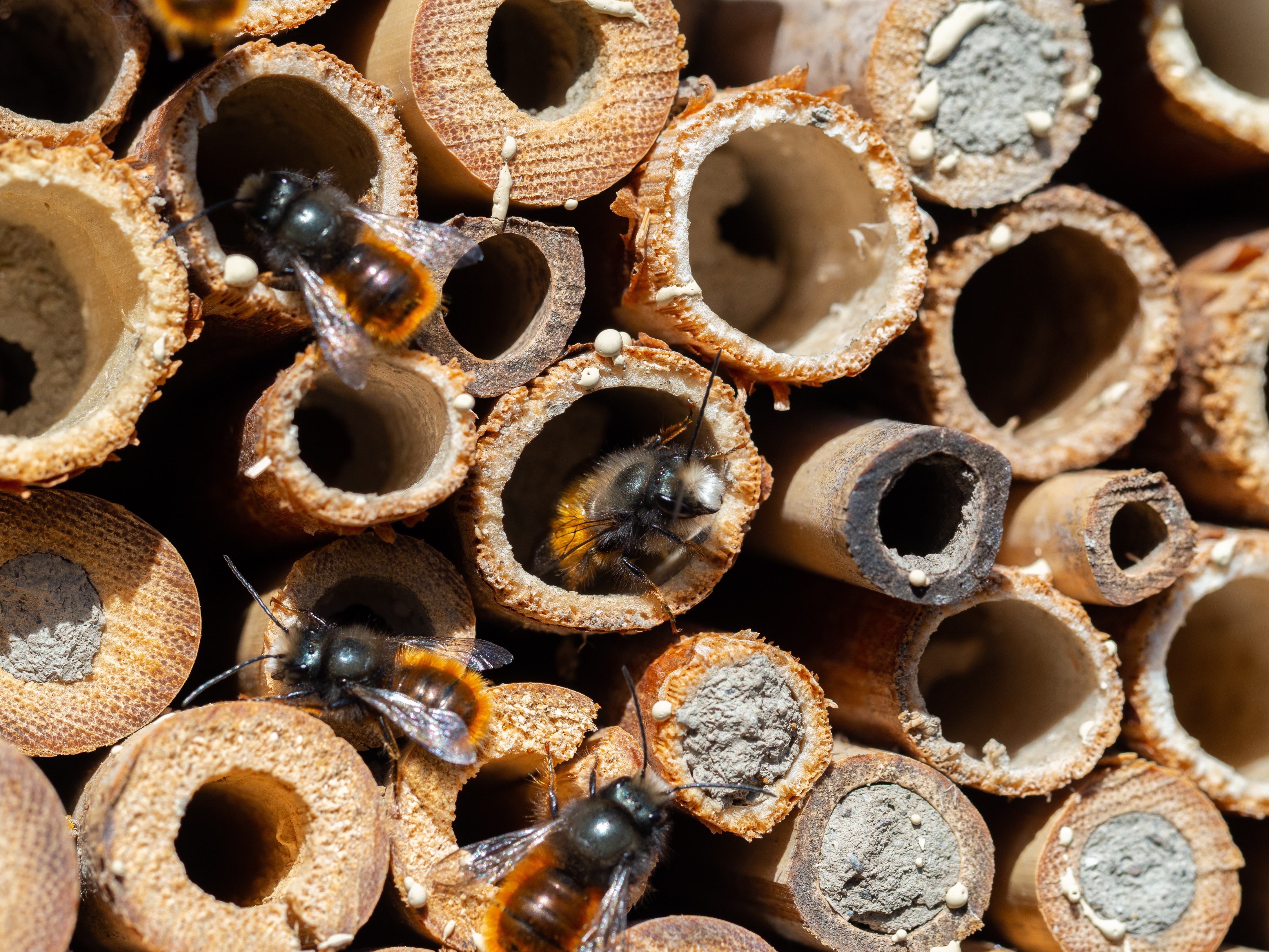
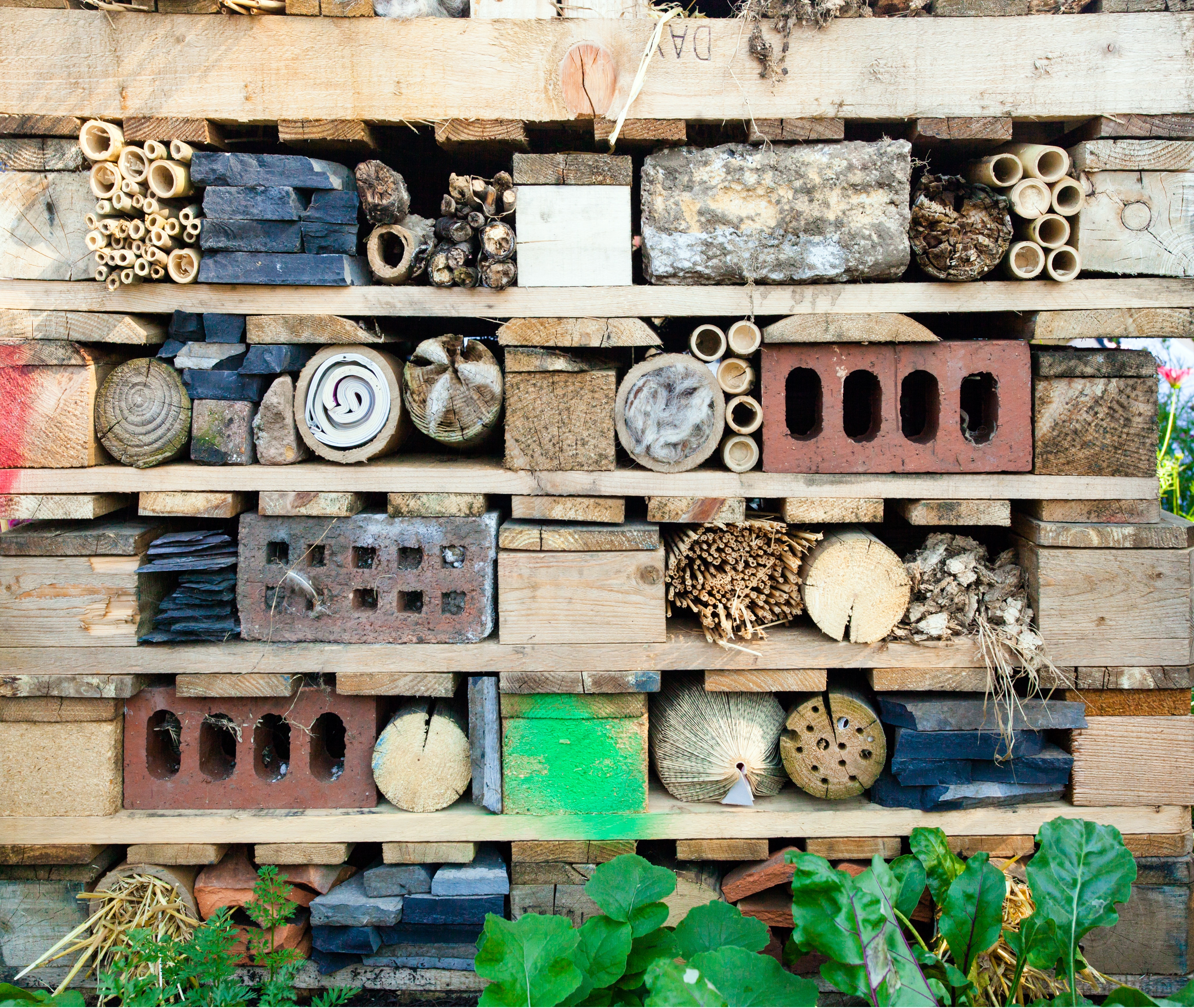
Hedgehogs
Hedgehogs love to spend time in piles of leaves and sticks as well as bushes.
Always check your hedges before strimming them. Gather up some loose leaves and twigs and create nice piles in a part of the garden where you know not to clear them up. This encourage hedgehogs to come and rest in them.
You can entice them in further by making them a home out of a cardboard box and putting some pet food inside.
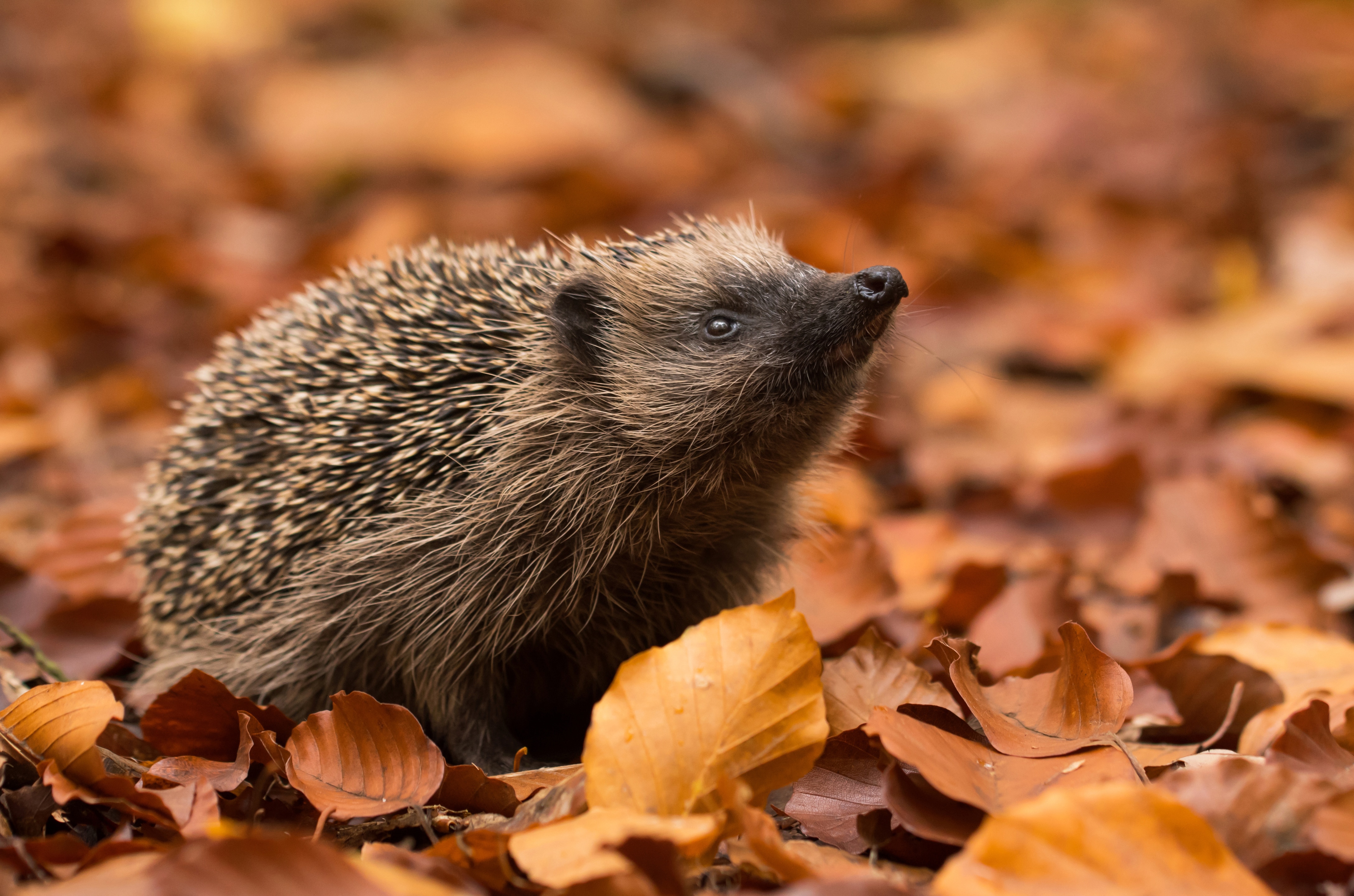
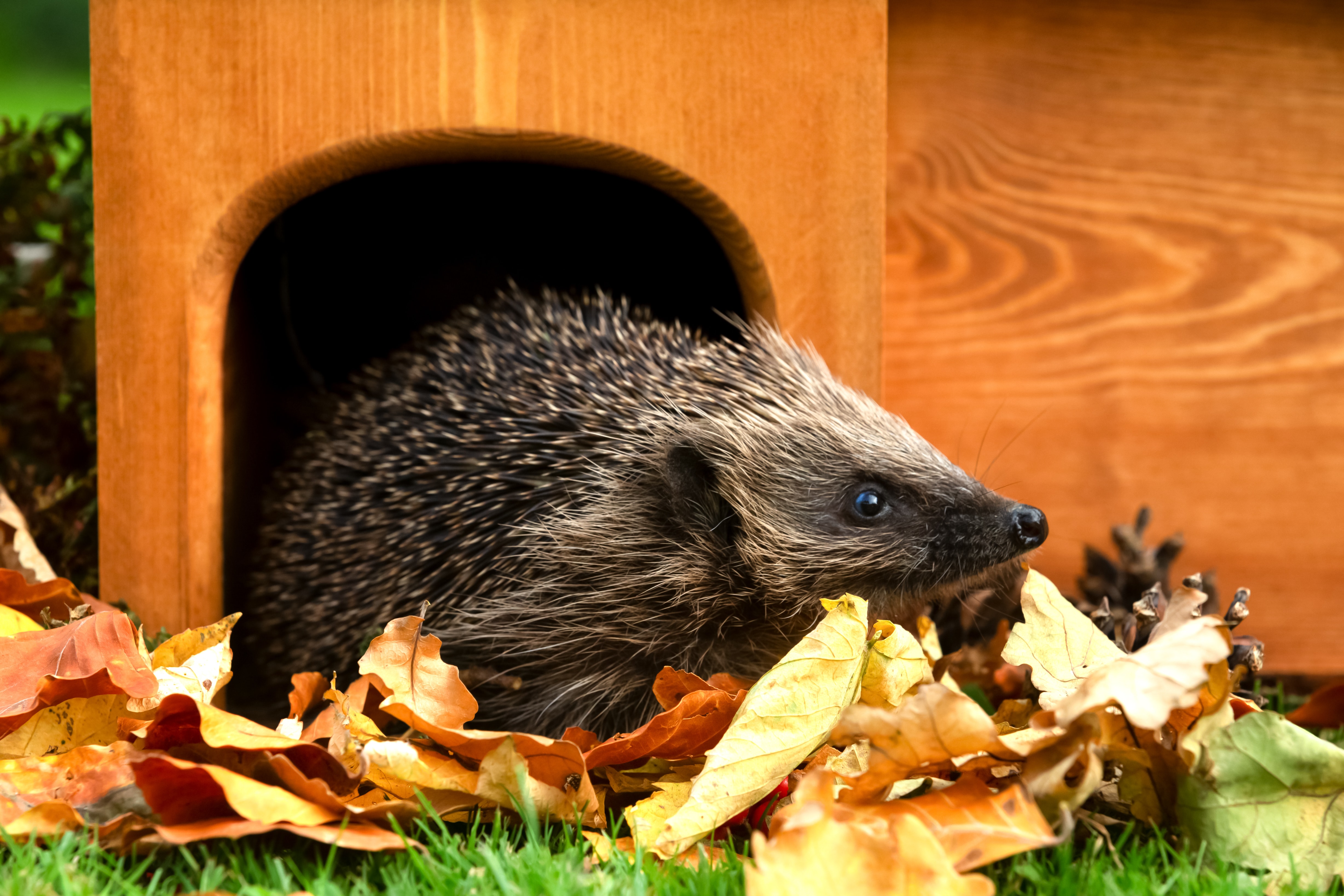
Birds
I’m sure you all know the best way to attract birds is with bird feeds and water bowls.
Making sure your feeders are regularly filled with seeds and fat balls will ensure a constant stream of birds into your garden.
Fruit trees and bushes will also attract the birds as well. But we’re sure you wouldn’t want them feeding on your crop all of the time.
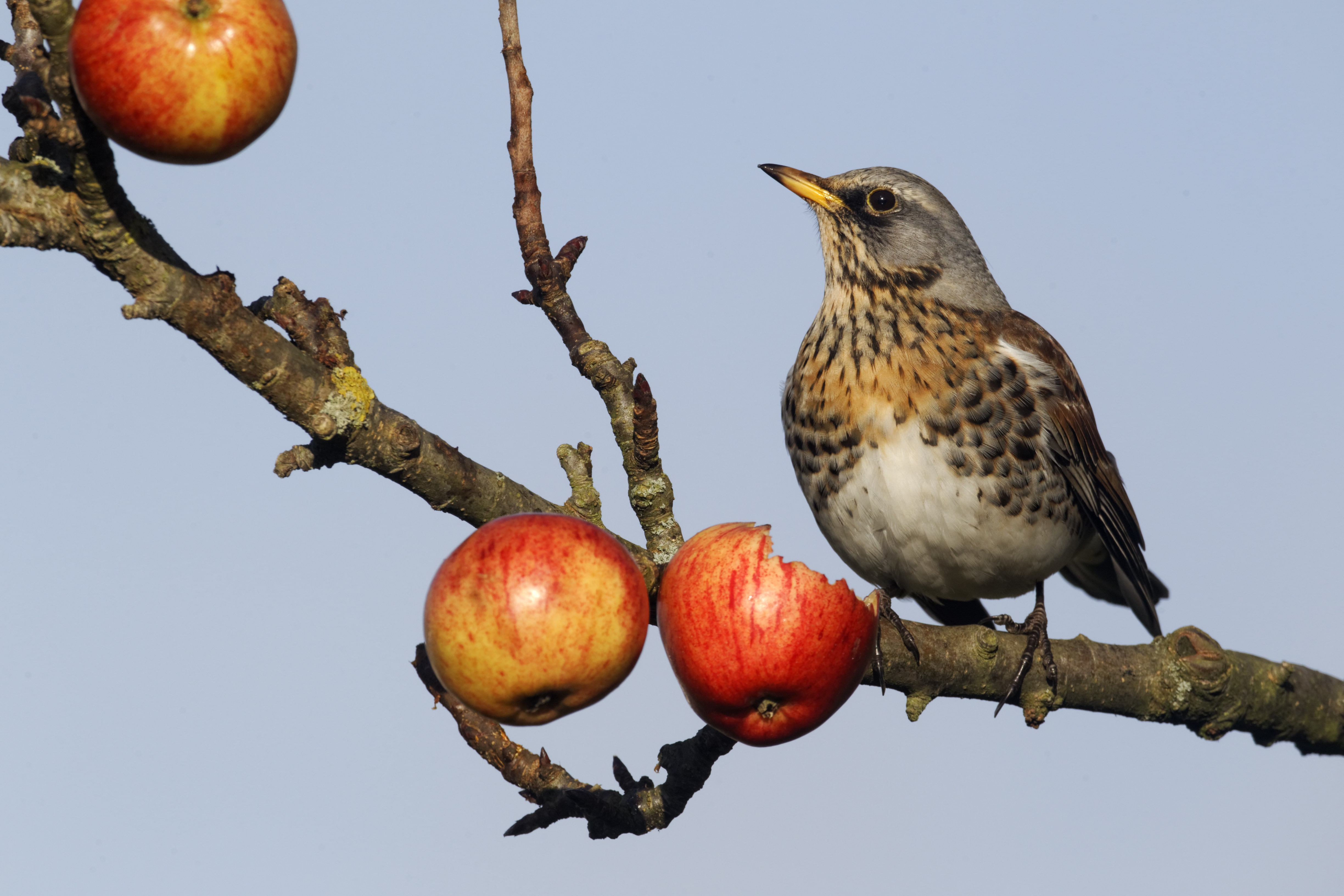
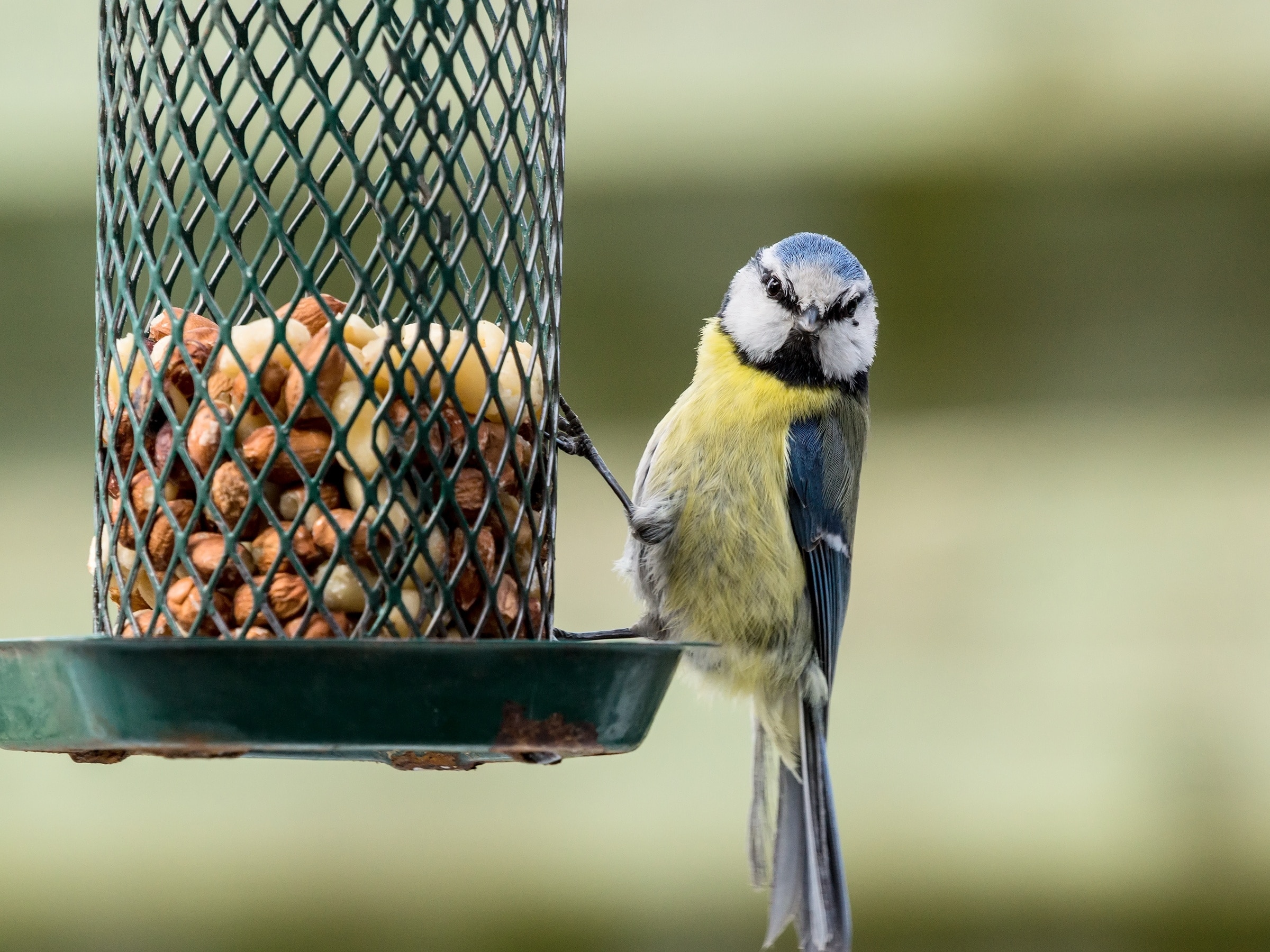
Bees and Butterflies
Planting to attract our very important bee’s and butterflies is simple.
If you wanted a space filled with a buzz, plant up things like Hebe shrubs, Lupins, lavender and Buddleia.
Their flowers are inviting and safe for butterflies to land on and enjoy the nectar and bees will be attracted by the bright colours and come in to fill their bellies.
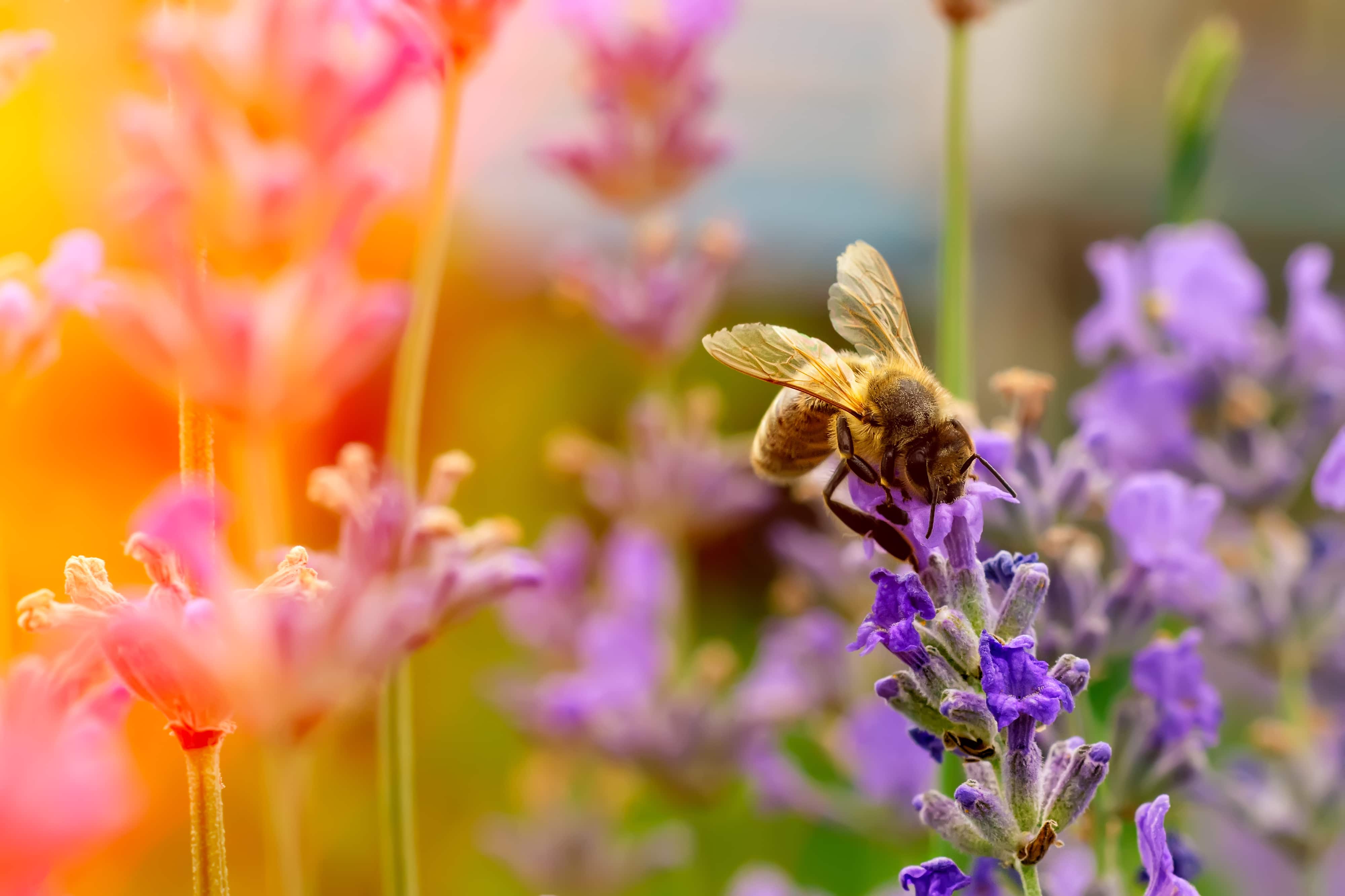
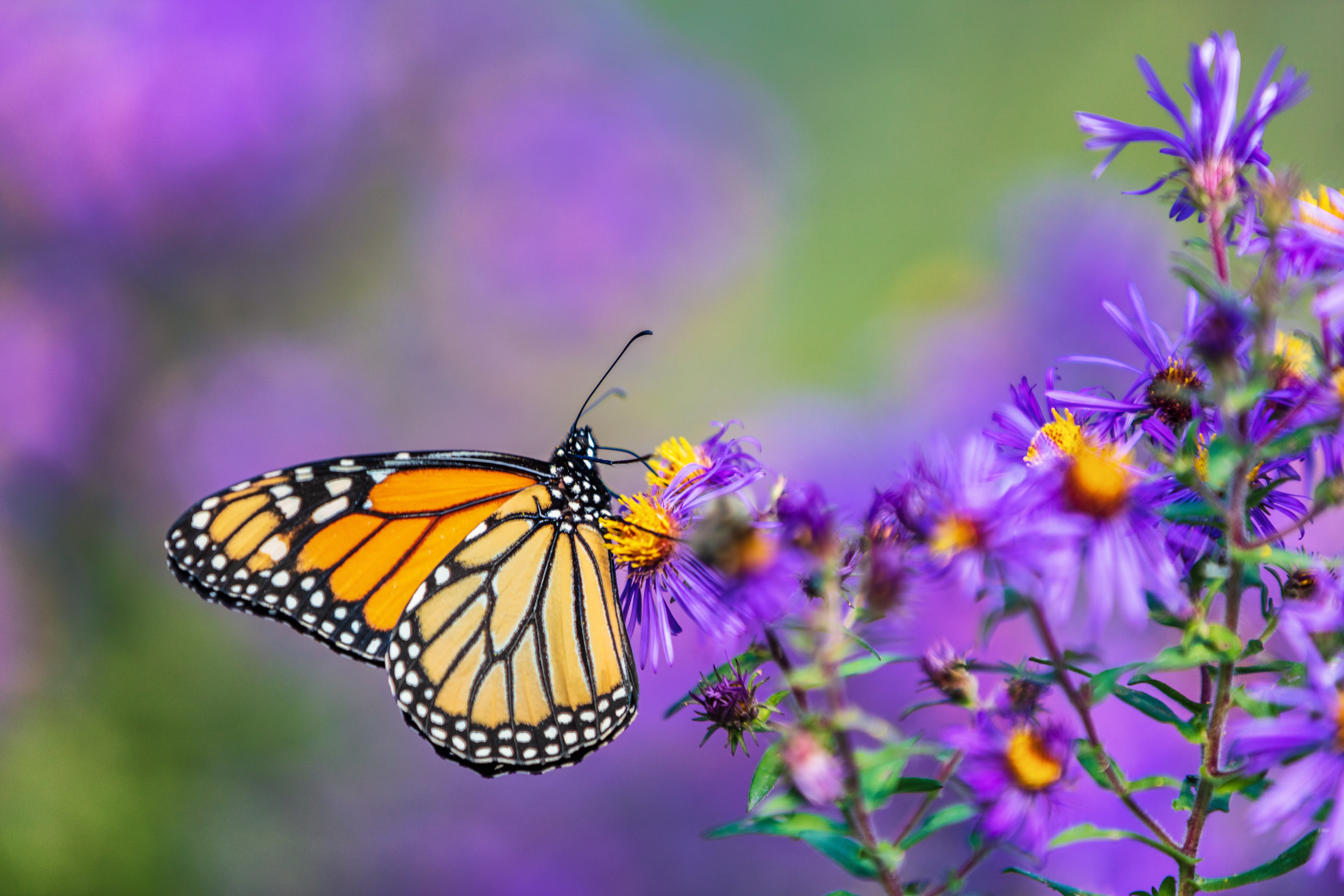
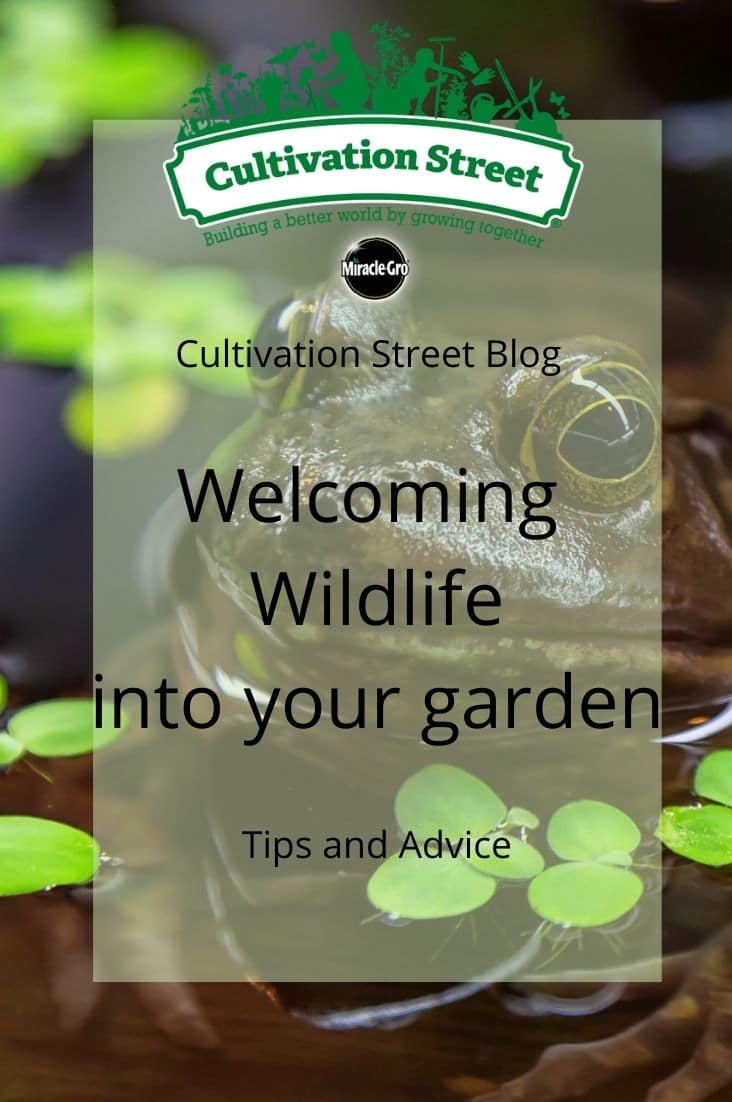
If you and your community or school garden are constantly trying to find ways to help our your local wildlife, or have elements that attract more wildlife into your garden, we want to hear form you, enter Cultivation Street 2021 to be in with a chance to win a share of £8,000 Click the link below to be taken to our online entry form.
